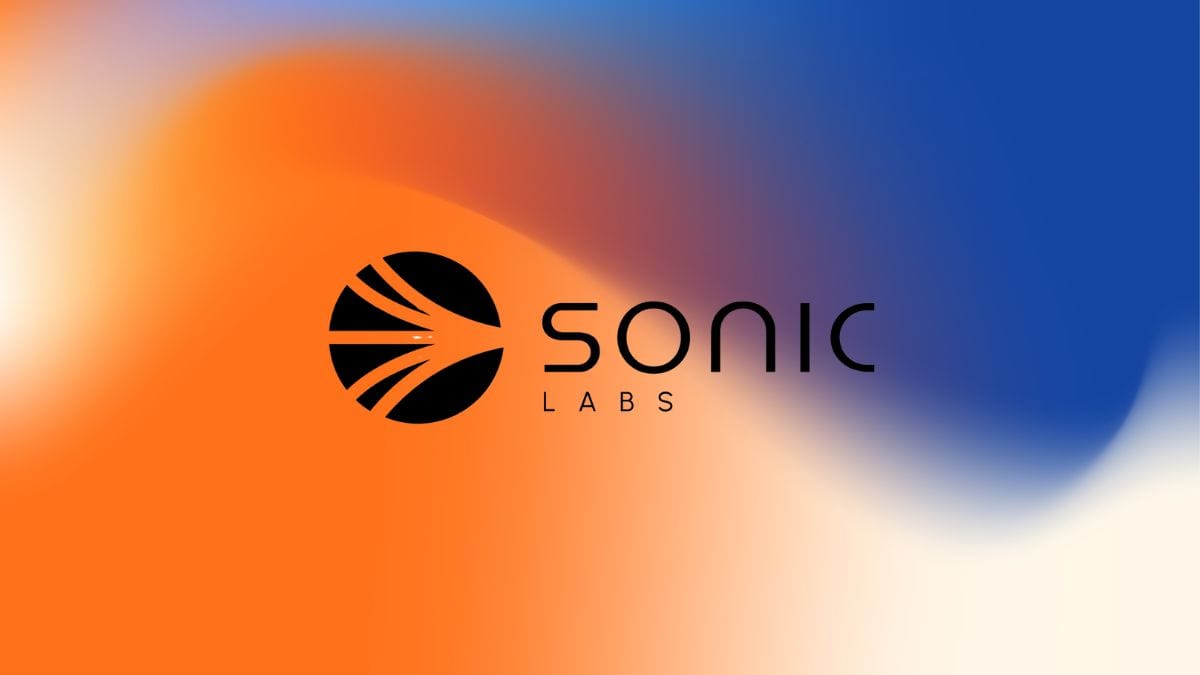Sonic Blockchain Surpasses $250M TVL, Aims to Lead in Transaction Speed
28.01.2025 20:30 2 min. read Alexander Zdravkov
The Sonic blockchain has recently surpassed $250 million in total value locked (TVL), marking a major milestone fueled by its rebranding and increasing investor interest.
Sonic’s TVL reached $253 million on January 28, a 65% jump from $153 million recorded just two weeks prior. This growth follows the platform’s transition from Fantom to Sonic, which has revitalized its appeal among users.
Despite the rise in TVL, Sonic’s native token (S) has faced a challenging month, dropping over 41% to $0.43 as of the latest data. The token’s decline contrasts sharply with the blockchain’s rapid adoption and technical achievements.
Sonic positions itself as the fastest Ethereum Virtual Machine (EVM) blockchain, boasting a groundbreaking transaction finality of just 720 milliseconds. Unlike most networks, which require additional block confirmations to ensure transaction irreversibility, Sonic achieves this almost instantly. First demonstrated during its testnet in late 2024, this speed positions Sonic as a potential leader in blockchain performance if replicated on its mainnet.
Currently, Sonic’s mainnet offers sub-second transaction finality with block times averaging 0.98 seconds, according to Chainspect. While Solana delivers faster block production at 0.4 seconds, its finality time lags at 12.8 seconds, giving Sonic a competitive edge in confirmation speed.
As Sonic continues to push boundaries in blockchain efficiency and scalability, its innovative approach and renewed investor interest signal its potential to become a frontrunner in the race for blockchain speed supremacy.
-
1
German State-Owned Development Bank Issues €100 Million Blockchain Bond
11.07.2025 7:00 2 min. read -
2
Cardano and Ethereum Lead in Developer Activity as GitHub Commits Surge
14.07.2025 12:00 1 min. read -
3
Tether Ends Support for Five Blockchains in Infrastructure Shift
12.07.2025 11:30 2 min. read -
4
BNB Chain Upgrades and Token Delistings Reshape Binance Ecosystem
16.07.2025 22:00 2 min. read -
5
Ripple Powers UAE’s First Tokenized Real Estate Project via XRPL
16.07.2025 21:00 2 min. read
Chainlink Partners With Westpac and Imperium to Tokenize Finance in Australia
Chainlink has announced a major institutional partnership with Westpac Institutional Bank and Imperium Markets as part of Project Acacia—a joint initiative involving the Reserve Bank of Australia and the Digital Finance Cooperative Research Centre (DFCRC).
BNB Chain Upgrades and Token Delistings Reshape Binance Ecosystem
Binance continues to refine its ecosystem in 2025, with major updates spanning performance upgrades, token listings and removals, and new token launches—all reinforcing its focus on scalability and innovation.
Ripple Powers UAE’s First Tokenized Real Estate Project via XRPL
Ripple has taken a major step in expanding its institutional digital asset infrastructure in the Middle East by partnering with Ctrl Alt to support Dubai’s first government-backed real estate tokenization initiative.
Cardano and Ethereum Lead in Developer Activity as GitHub Commits Surge
Recent GitHub data reveals which blockchain ecosystems and individual projects attracted the most developer attention last week—a key signal of long-term project strength.
-
1
German State-Owned Development Bank Issues €100 Million Blockchain Bond
11.07.2025 7:00 2 min. read -
2
Cardano and Ethereum Lead in Developer Activity as GitHub Commits Surge
14.07.2025 12:00 1 min. read -
3
Tether Ends Support for Five Blockchains in Infrastructure Shift
12.07.2025 11:30 2 min. read -
4
BNB Chain Upgrades and Token Delistings Reshape Binance Ecosystem
16.07.2025 22:00 2 min. read -
5
Ripple Powers UAE’s First Tokenized Real Estate Project via XRPL
16.07.2025 21:00 2 min. read


